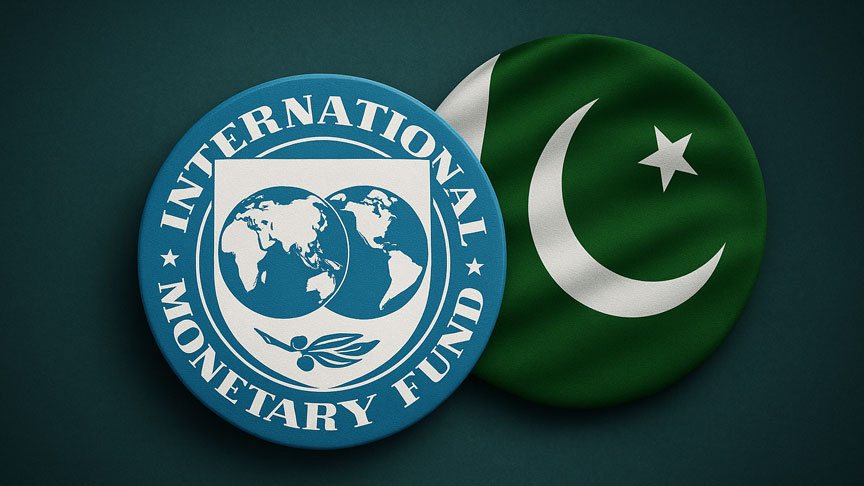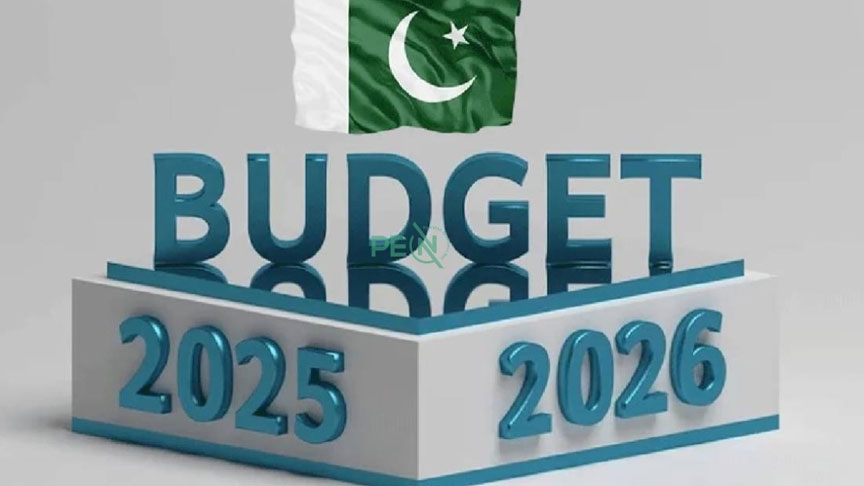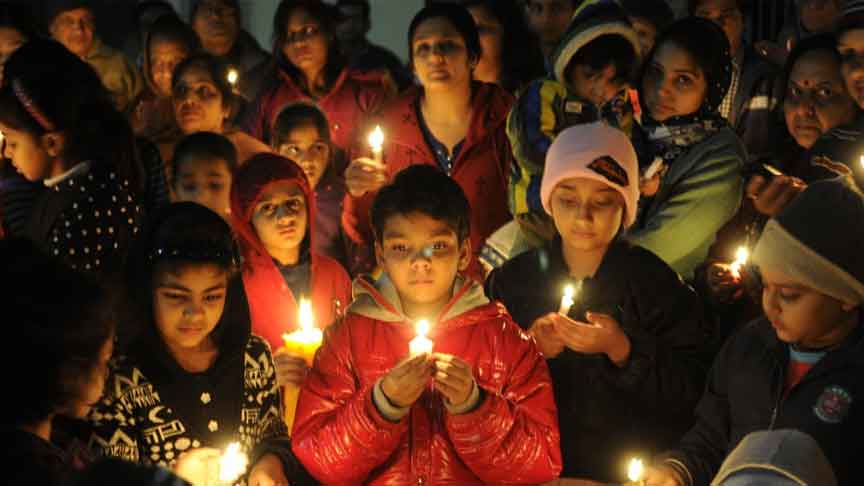
According to sources, the IMF has pressurized Pakistan to increase tax revenues and significantly reduce government spending and to accelerate privatization. The IMF has also demanded tax reforms and full implementation of digitalization. The IMF has declared the proposals for reducing income tax on salaries and pensions as unworkable.
Income tax collection should be ensured on incomes above the specified limit. The IMF, while demanding stricter punishments and fines to curb tax evasion, said that businesses should be sealed and necessary legal action should be taken for tax evasion, and the collection of assessed income tax should not be delayed on court stays.
According to sources, the IMF did not agree with the Prime Minister s proposal to provide additional electricity subsidy to the people. The IMF has demanded that electricity and gas subsidy be limited to BISP beneficiaries only. The IMF has asked for an estimate based on BISP beneficiaries for electricity subsidy.
The IMF also raised objections to uniform electricity tariffs. K-Electric, which generates expensive electricity, benefits the most from uniform electricity tariffs. The IMF has demanded that industrial consumers be transferred to the power grid. The industrial sector has been advised to invest in improving the transmission system instead of subsidizing the sector.
There is pressure from the IMF to accelerate the privatization program. There are reservations about the slow pace of the IMF s privatization program. PIA has also directed all possible measures for fast and transparent privatization. It has been demanded that the timelines set for the privatization of the three discos selected for privatization be implemented at all costs.
The IMF has demanded complete removal of provincial projects from the development program. Several projects in agriculture, health and higher education are likely to be affected. He has said that there is a possibility of a big cut in the funding of the Higher Education Commission, universities should fund themselves.




